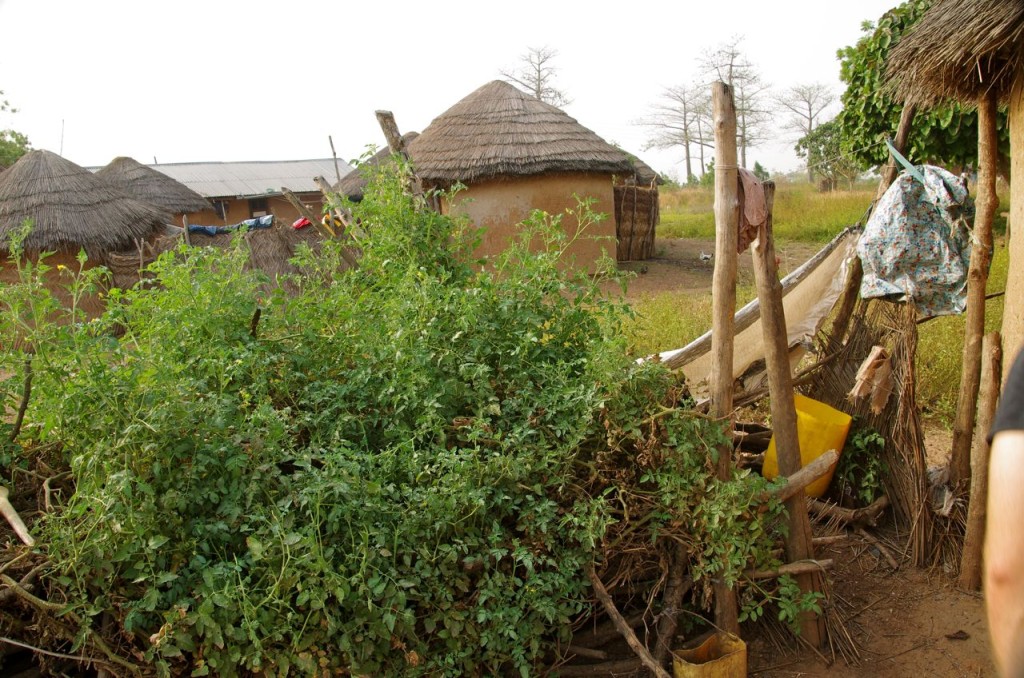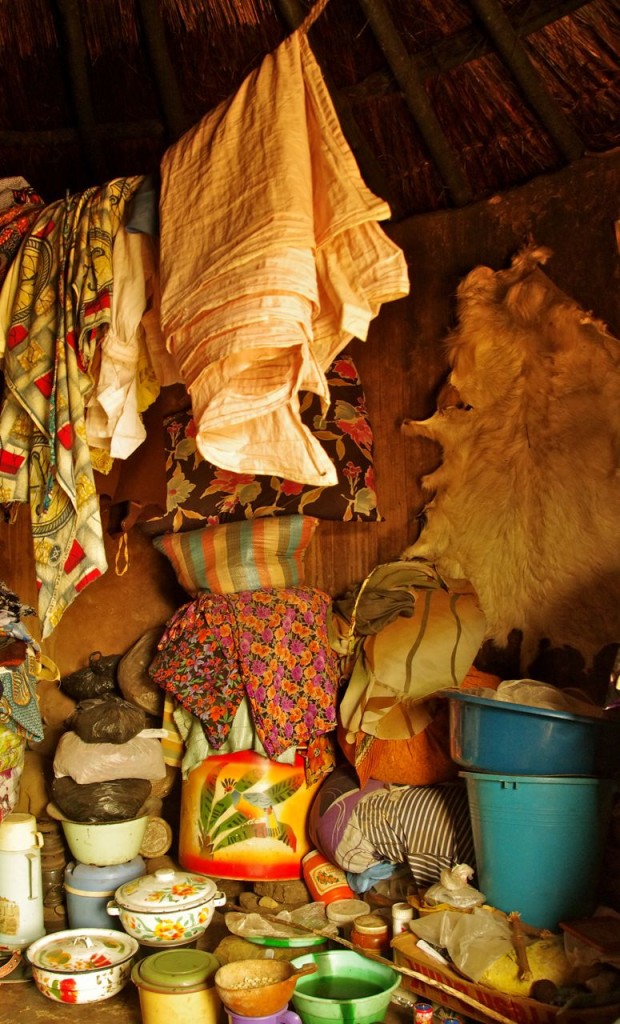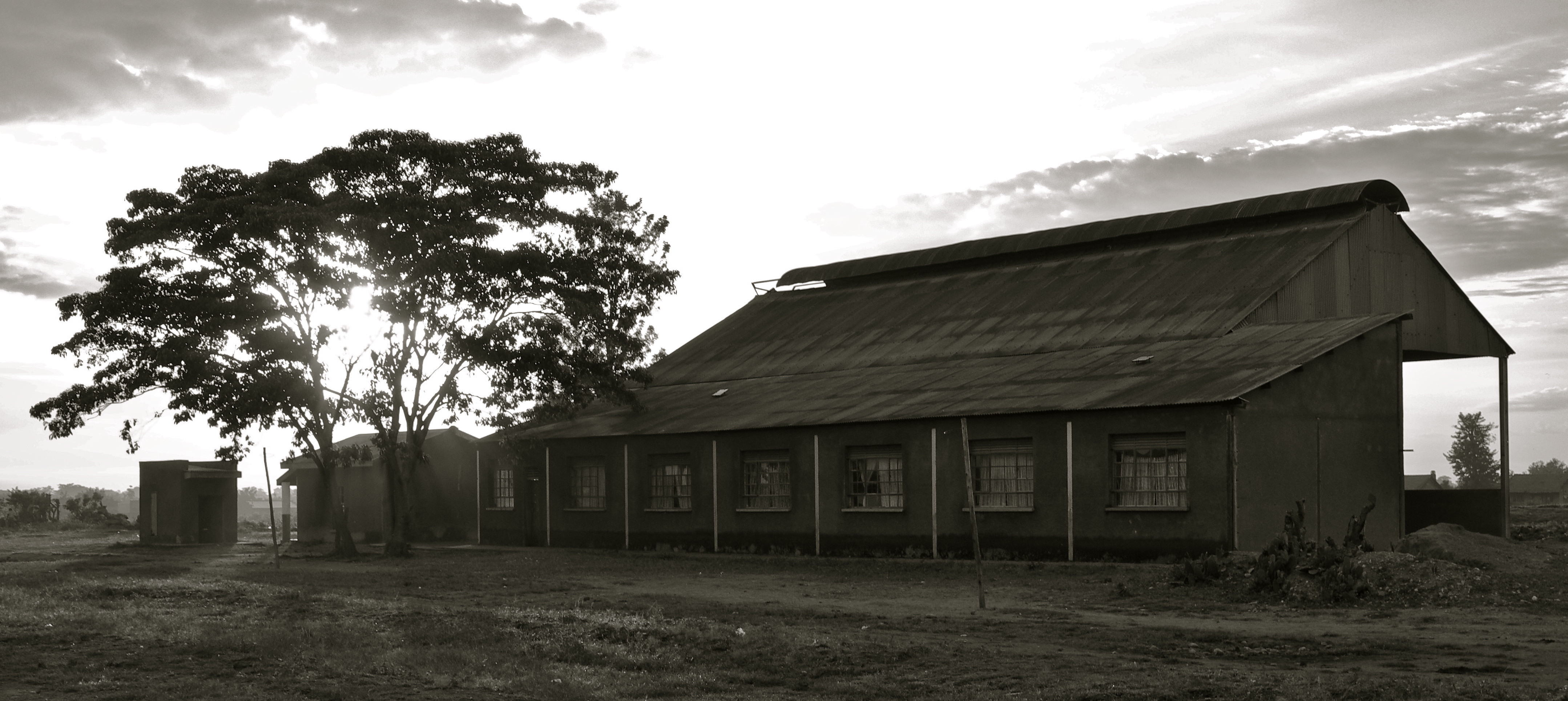How can we refuse those who come?
A constant refrain as we visited Kukuo, a camp for alleged witches in northern Ghana, was that the accused women are part of the larger community not merely adjacent to it. Their huts are scattered throughout the community and among the compounds of the other residents.

Kukuo is special in this way. The other camps for alleged witches exist next to, but separate from the community that houses them. The alleged witches and their daughters and grandchildren who come as helpers to the camp make up about a third of Kukuo’s population.
Another constant concern relayed to us was how unsafe the women’s sending communities were for them—i.e. the communities that accused them of witchcraft, their home communities. These sending communities are where these women raised families, businesses, and friendships. These sending communities are where they struggled alongside their neighbors to survive. Yet one day after decades together their communities turned on these women. Ultimately, the communities accused the women of betraying the community itself. They, allegedly, betrayed the community by wishing and perpetrating harm on it—by using “powers” to kill or injure their rivals.
While the sending communities banished their members on no more evidence than a dream and the happenstance of in what manner a chicken died, Kukuo was building these women huts and working to secure a safe place for them to return to. For every woman who arrives in Kukuo the youth of the community are tapped to build them a place to live and protect her. They protect her physically from her attackers and work to change the hearts and minds of the sending community so that she can safely return home.
The women are safe from their attackers in Kukuo, but they struggle. They are almost all old women who cannot carry water from the well. Their accusers usually have stolen their money and possessions so buying food is impossible.

The Kukuo community provides them with a hut, but they don’t have the means to maintain it. Many of the women cannot sleep lying down when it rains because their roof leaks too heavily. But Kukuo is still the best option for most of the women. Several of them told us they would not leave Kukuo even if the opportunity came. Their home communities were too volatile—a second accusation too easy.
I am struck by the contrast. One community beats and banishes their own. The other welcomes strangers that will be a burden on themselves and their community without question. In fact, when the Ghanaian government pledged to close the camps for alleged witches by 2012, the chief of Kukuo balked. “How can we refuse those who come?” he asked us. The government can do what it will, he will not refuse to help the women who manage to make it to his community, which is a trial itself. The camps are not happy-go-lucky places to live. But the camps are not the problem.
How can such contrast exist?

From Just Us To All Of Us says:
March 2, 2014 at 5:14 pm
[…] December I witnessed a community in northern Ghana that welcomes strangers banished from their home communities because of witchcraft accusations. […]